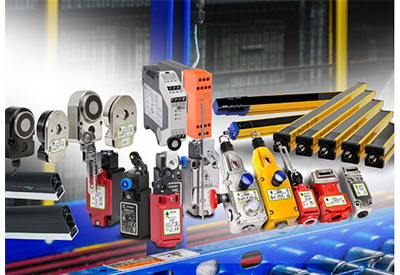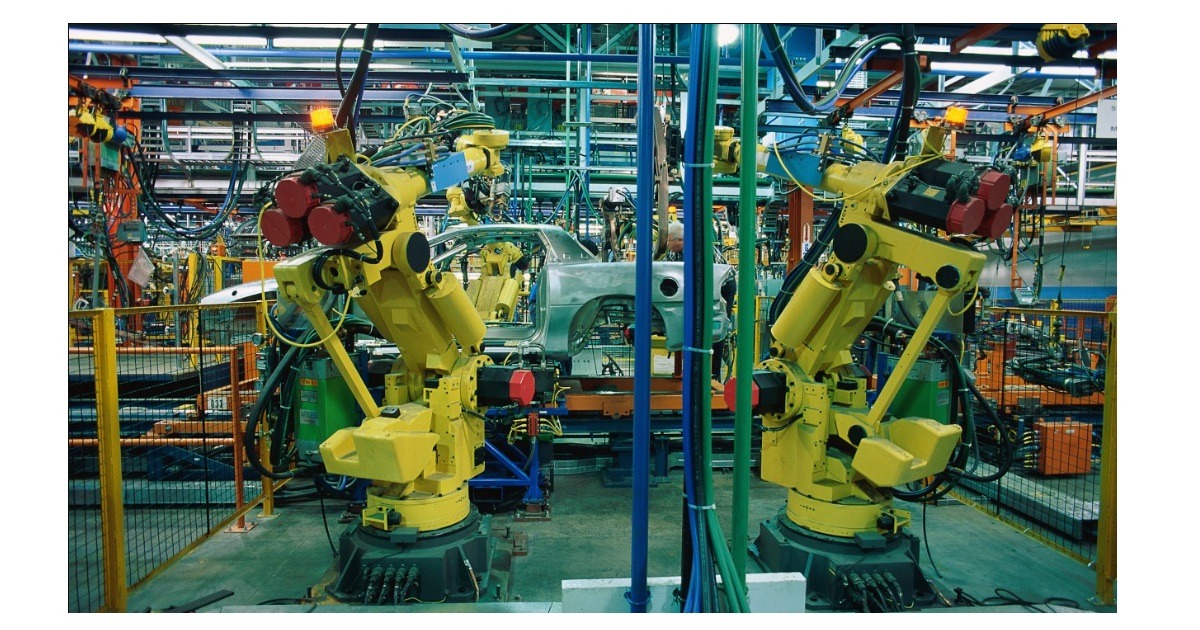Automation in craft breweries and the influence of multi-national brewers

January 7, 2019
By Blake Marchand
The craft brewing industry in Canada is a niche market that has gained prominence over the past decade, with considerable growth in recent years. The industry’s commitment to innovation and quality has allowed small, locally owned operations to infiltrate a market primarily dominated by a few multi-national corporations.
In the United States, where the craft industry has a more prominent history than in Canada, various multi-nationals made over 36 acquisitions between 2015 and 2017. While some within the industry suggest the trend is perhaps unlikely to migrate across the border, large producers have entered the Canadian craft market. Purchasing well established craft brands like Mill Street and Creemore Springs, while increasingly dressing their products in the craft beer style. Recently, Moosehead – which does have roots in the independent market – opened a small-batch brewing location with the intention of competing with craft breweries. It wouldn’t be too difficult to extrapolate this as a benefit to consumers. The lack of competition at the corporate level – where a handful of companies control the vast majority of available brands – does little to encourage innovation and quality. However, Moosehead was able to invest $5 million into their new micro-brewery, a level of investment that most local craft breweries simply can’t compete with.
Moreover, Lake of Bays CEO Darren Smith explained that “ownership matters” when determining exactly what constitutes craft beer. Adding that major producers infiltrating the craft market look to “muddy the waters” on the craft beer definition. Many self-proclaimed connoisseurs of craft beer may not even be aware that their favourite craft beer is owned by Molson Coors or Anheuser Busch. Even brands like Granville Island or Upper Canada Lager that are both marketed as Canada’s oldest craft brewers, are owned by Molson Coors and Sleeman Breweries, respectively. Further, as Canada’s major news outlets reported Moosehead had entered the craft market with that $5m micro-brewery investment, they failed to mention Moosehead has owned Hop City (known for their Barking Squirrel Lager) since 2004.
But can automated processes help bridge the gap for craft producers? Ultimately allowing them to remain viable without sacrificing the commitment to quality, ingenuity, and artisanship that led to the industry’s prominence in the first place.
There are many aspects of craft brewing that don’t translate to the larger processes utilized by producers at the top of the brewing industry, which has to do with the artistic and intuitional components of craft brewing. Those often-romanticized traits are what lead to the prominence of the industry in the first place. And as Smith confirms, there are aspects of the brewing processes that cannot be replaced by individual expertise.
When it comes to automation and craft brews, Smith says there certainly must be a balance. Lake of Bays utilizes automation for processes like PH-monitoring, keg washing, and their filtration system. The latter was recently adopted. Automated PH-systems is a perfect example, Smith explained, of a process that can make the brewing process more efficient for brew masters without sacrificing artisanal expertise.
However, referring to automation, he said “you have to have a goal in mind.”
“There is automation that doesn’t improve operations,” noted Smith. Simply translating to a different way of operating, rather than creating ROI efficiencies. And creating ROI and increasing efficiency should be the goal of any equipment or system upgrade, particularly for small businesses, where every dollar matters that much more.
“There’s definitely benefit in some applications,” he explained, “but nothing replaces a skilled brewer.”
There are three main areas where craft breweries can automate their systems without cutting into the artisan nature of the industry.
A centralized brew house can automate the early stages of the brewing process, saving time and adding a level of consistency to heating, raking and filtration.
Bottling and canning lines, as well as palatizing, particularly as a brewery grows its production, can significantly decrease the number of labourers required to turn out product.
Keg washers is a commonly automated process in brewhouses, as kegs require several steps for sanitation, and keg filling and transport automation can also benefit craft brewers.
The primary area that craft brewers use automation is bottling, canning, and palatizing lines. Which can save breweries on labour, as mentioned, as well as on employee injury. Palatizing involves considerable repetition, as well as heavy lifting. Automating these systems not only increase production but can also save companies on liability and worker compensation in the event of a workplace injury.
The obvious barrier to automation for craft breweries is the cost, although Smith explained that there are also automated processes that manufacturers don’t make at the scale required for smaller operations. An example being the automated filtration system Lake of Bays recently added to its process. In the past, that technology simply wasn’t available to someone brewing beer at the micro level. But as the industry and its market share grows, so to will the availability of technologies utilized at the mass-production level.
Lake of Bays is a medium sized craft operation in Baysville, Ontario. They recently opened a brewhouse restaurant downtown Huntsville, which Smith said allows for more exposure to their various products as well as the ability to gain feedback on their experimental brews. Giving them a smaller venue to experiment with seasonal brews. These are the types of expansions that have been the trend in the craft industry.
However, the market trends across the border suggest Canadian companies should be cognisant of their multi-national counterpart’s desire to infiltrate the craft market. In 2017 the U.S craft sales grew by 5%, while overall beer sales dropped 1%. As acquisitions rise in the U.S, craft brewers have been stressing the importance of ownership, adopting an independent craft brewery seal as part of their branding.
The Conversation, an independent news outlet, suggests that the Canadian craft brewers are not as susceptible to these types of acquisitions because liquor laws stemming from the temperance era don’t allow independent brewers to grow large enough to make acquisitions palatable to larger companies.
However, that hasn’t stopped corporate stakeholders from influencing the craft market in other areas, as the CBC suggests, “the ‘big beer’ tactics that are vexing local, independent brewers include opening up local brew pubs, allegedly controlling beer distribution, buying up hop farms previously used by craft brewers, and even quietly buying a stake in an online beer rating website.”
Craft breweries have been able to establish success by filling the gaps left in the beer market often ignored by multi-nationals with quality and innovative products. It is ultimately that success opening the door for multi-nationals to parachute into the craft market. If not through acquisitions of existing craft brands, then through their own branding that imitates the craft style. However, as the industry grows, so too does the incentive for manufactures to make technologies more readily available to the micro-brewing market. As well as the industry’s ability to band together on craft brand awareness to ensure consumers know they are truly ‘going local’.
Sources:
https://theconversation.com/why-canadas-craft-beer-explosion-isnt-leading-to-big-acquisitions-93888
https://www.foodnetwork.ca/wine-beer-spirits/photos/craft-beers-owned-big-brewers/#!Waterloo
https://www.cbc.ca/news/business/beer-craftbeer-bigbeer-brewery-hops-barley-labatt-molson-1.4202758
















